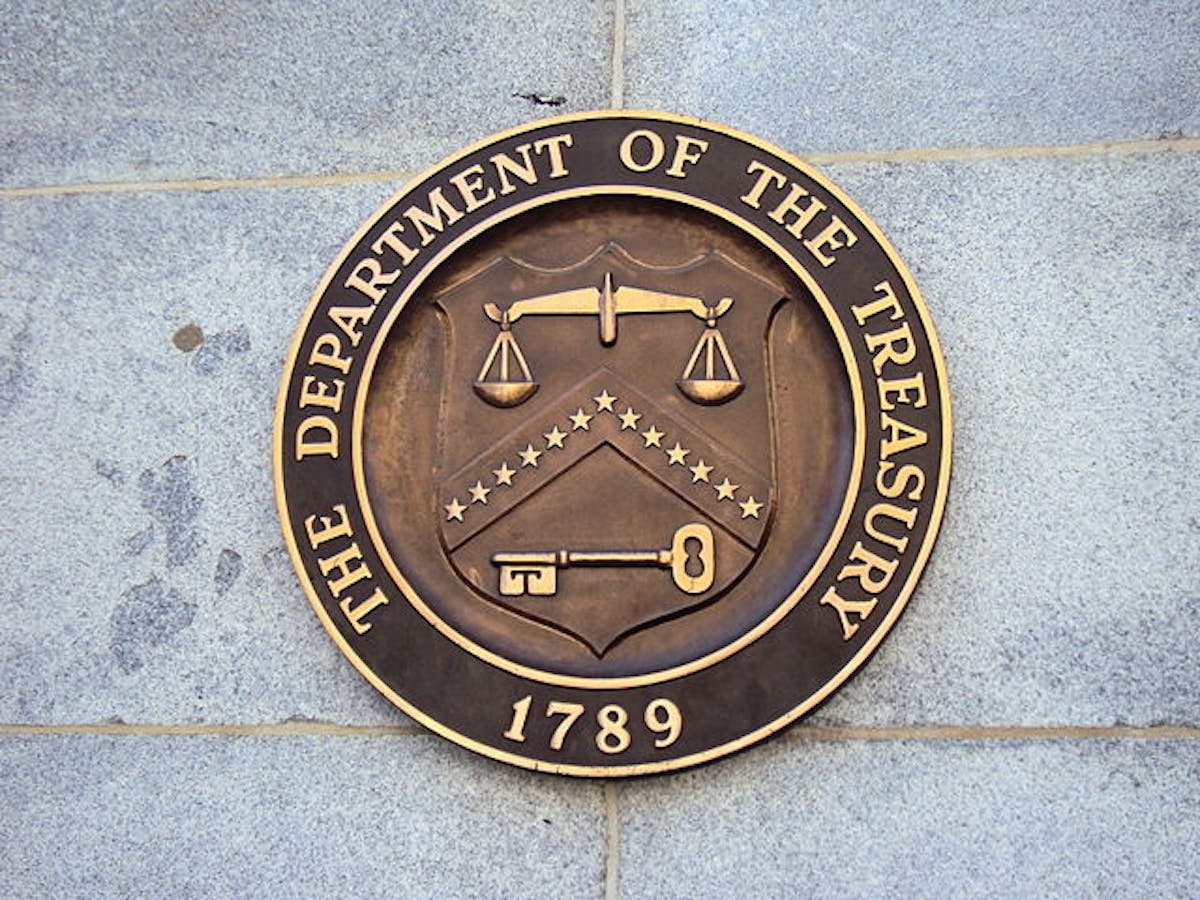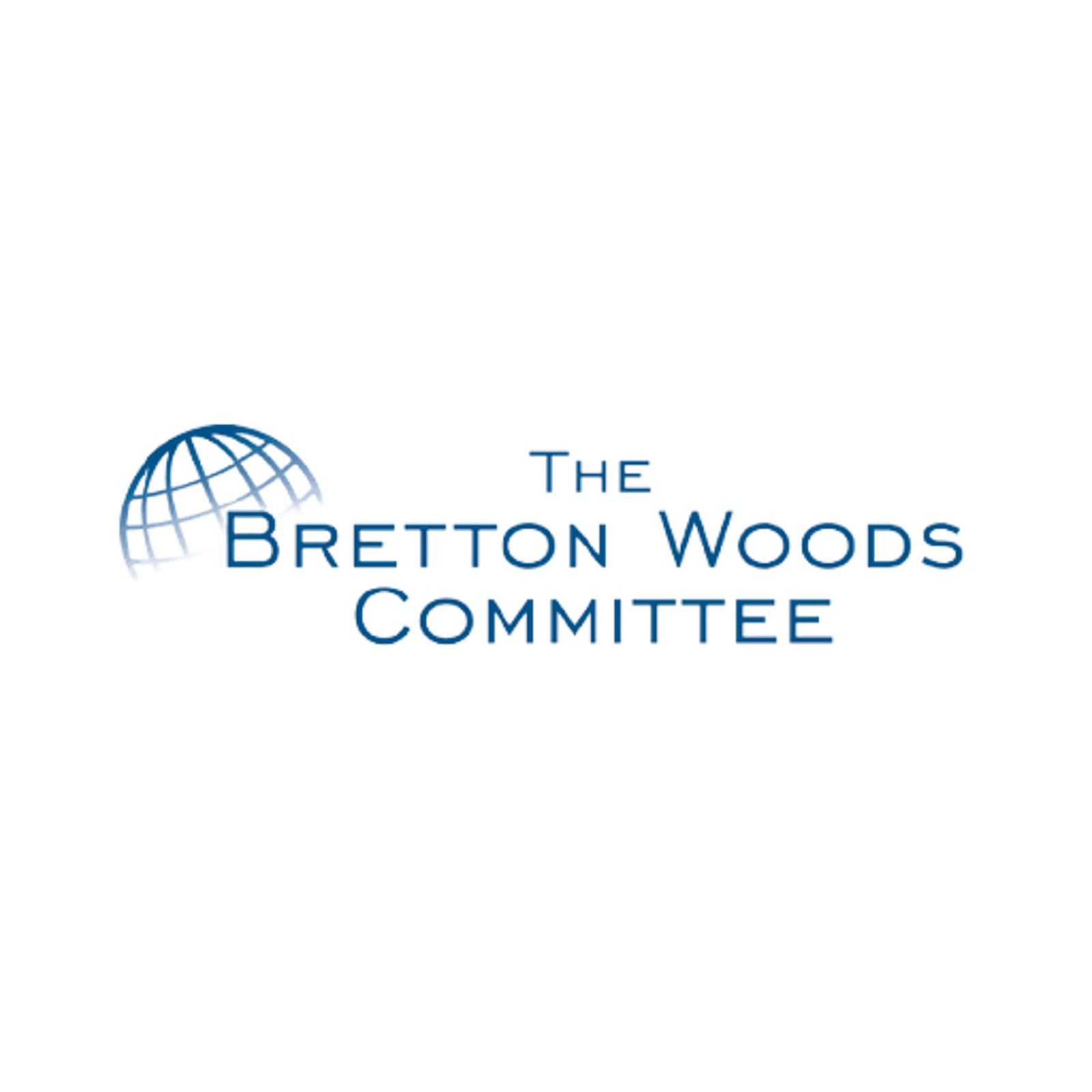US Treasury’s IMF Worldview: Multilateralism, More Macroeconomics, Domestic Realities
Published: October 12, 2023

Bretton Woods Committee | Tue, Sep 12, 2023
by Mark Sobel
19th St. and the rest of the world may not be fully pleased*
Jay Shambaugh, US Treasury’s Under Secretary for International Affairs, recently delivered a thoughtful, wide-ranging speech on Treasury’s vision for the International Monetary Fund. The speech rightly backs the IMF’s global financial role, touting the Fund as a creative, essential first-responder to world economic shocks. But it argues for strengthening the Fund’s pursuit of its traditional “core” macroeconomic focus and balancing of adjustment and financing. The speech also offers proposals to strengthen IMF governance and operations. Even if adopted, they may be perceived outside 19th Street’s corridors as falling short on a more up-to-date governance vision, support for the “Global South” and US expressions of the willingness to cooperate with China.
IMF Lending, adjustment and financing – Don’t Cry for Me Argentina: Treasury correctly praises the IMF for its rapid pandemic response in providing emergency liquidity support. But with the pandemic largely behind, Treasury calls for redirecting the Fund toward core macroeconomic stabilization policies and temporary financing. It exhorts the IMF to walk away if countries don’t adopt needed steps. Treasury decries that IMF lending has increasingly facilitated repeat programs and prolonged use.
“ARGENTINA” is the unspoken word in a hefty critique of IMF lending standards. Reading between the lines, Treasury disapproves of the continued refinancing of the IMF’s large Argentine exposure, while averting eyes from horrid policies. Though the US acquiesced in this endeavor, Treasury is seemingly and correctly calling for the Fund to buckle down after the upcoming Argentine Presidential elections, halt evergreening, demand serious reforms and if not, stop support, even if this causes IMF arrears and impairs its financial health. What Argentina could ultimately mean for the Fund’s de facto preferred creditor status understandably goes untouched.
The Treasury’s arguments also should rightly reverberate for other IMF wards, notably such countries as Pakistan and Egypt.
Whether US geopolitical interests ultimately align with Treasury’s vision may be a question for another day.
Resources, Shares and Chairs: The international community has long called for concluding an IMF quota review this year, along with a new quota formula to guide determination of relative IMF weights. Shambaugh helpfully delivers a clear US position. Whether others like it is another question.
Resources: The IMF has an ample $1 trillion in available financing, distributed in three pots – quotas, emergency backstop resources, and bilateral borrowings. Quotas are supposed to be the key pot for generating loanable resources, but the others are larger. Buttressing quota resources at the expense of opaque bilateral borrowings, as Shambaugh argues, is sensible.
Shares: But quotas determine countries’ IMF voting shares. China is now 6% of the IMF, but roughly 18% of the global economy. While emerging market/developing countries often believe they deserve more weight in a more democratic IMF, there are few other clearly underweight countries – such as India, Indonesia and Vietnam. Europe and many emerging/developing countries are overweight.
Given tough US politics, there is scant chance of securing Congressional support for a quota increase that would boost China’s share. Nor are many countries willing to take reductions.
Hence, Treasury calls for an “equiproportional” quota increase – a pro rata increase leaving shares unchanged. Treasury argues without saying the word “China” that countries which are not responsible global shareholders or run untransparent foreign exchange policies do not deserve increases. Treasury posits a new quota formula is needed to guide realignment, knowing full and well this is a quagmire if not poison pill.
China has little interest in global financial instability and generally worked well with, and supported, the IMF, with the humongous exception of debt issues. China deserves a boost in its weight, solidly into the #2 position ahead of Japan. If the US is unwilling to support a boost lest the aforementioned legitimate concerns be squarely addressed, the US could explicitly offer China a grand bargain – a higher share for providing significant debt relief, coming clean on debt data and contracts and meeting foreign exchange transparency standards. Regardless, even if Janet Yellen has repeatedly stated the US is not seeking to contain China and seeks cooperation where possible, the US can’t likely move on quota shares because of domestic realities.
Thus, while backing for increased quotas is welcome, the US is also effectively supporting the perpetuation of the IMF’s outdated share structure. Does this run the risk of causing China to drift further away from multilateral institutions toward regionalism and inwardness? It is unclear if emerging markets/developing countries will back the US view, though an overweight Europe must be silently cheering.
Chairs: There are 24 Board seats. In a significant new announcement, Treasury’s call for a third IMF African chair is welcome. But the Board is cumbersome and cacophonous. Europe is overrepresented and agreed in 2010 to reduce advanced European seats by two. It still hasn’t fully done so. In supporting a 25th chair, the US is unfortunately giving up on Europe to shrink its outsized role.
Treasury’s call for a fifth Deputy Managing Director, though a positive overture for more universal governance, is small potatoes and more unneeded bureaucracy.
Lending to Low Income Countries (LICs): LIC lending via the Poverty Reduction and Growth Trust (PRGT) is a key IMF activity. PRGT lending is financed through loans and subsidies, allowing lending at zero interest. With global interest rates rising, the subsidy bill soars. Managing Director Georgieva rightly sees mobilizing PRGT subsidies as a top priority.
The PRGT now needs some $1.2 billion in subsidies. Last year, the US gave $70 million to the PRGT – a welcome departure from the last two decades, though a drop in the bucket. Treasury reasonably supports mobilizing IMF “internal resources” to raise subsidy finance. Over the long term, though, internal resources won’t likely suffice. In response to whether the IMF could sell a small portion of its large gold holdings to generate subsidy resources, Shambaugh argues that doing so would take much longer, but left it at that.
Boosting PRGT lending firepower offers the US the ability to make a strong multilateral statement and push back against China’s outsized role in Africa. Using IMF internal resources is a good first step. Rather than kicking potential gold sales into the long grass, the US should also announce its readiness to start discussions now over gold sales.1
Other issues stand out.
LIC Debt: The Common Framework to secure relief from unsustainable LIC debt, notwithstanding recent progress on Zambia, is still floundering. That is because China has often become a dominant creditor and intransigently drags its feet. The IMF has worked hard to bring China on board, but China is sovereign with complex internal politics standing in the way.
The speech was largely silent on this consequential topic. Treasury could have usefully discussed its thinking on the Common Framework and possible IMF actions.2 The Fund has scantly used its Official Lending into Arrears policy, given downsides, to accelerate timely PRGT support for affected countries. Further, the IMF needs to take a hard look at whether its Debt Sustainability Analyses are supporting sufficiently deep relief to allow countries to escape debt overhangs.3
Climate: Climate change is the epic issue of our times. The Managing Director has exhorted the Fund to play a key role, including through its creative Resilience and Sustainability Facility.4 But the IMF has often been criticized for going too far, traipsing beyond the macroeconomic realm into MDB terrain. Shambaugh’s speech welcomes the RSF and IMF efforts to address balance of payments strains from climate change. But it may ultimately generate controversy, arguing the IMF should not be an all-purpose expert on climate, but rather confine itself to macro-critical work and rely more on the World Bank. The basic message is clear – to help countries better deal with climate challenges, the IMF should more narrowly keep its focus on bread-and-butter macroeconomic policies, such as domestic resource mobilization and avoiding distortionary energy subsidies.
Special Drawing Rights (SDRs)/Recycling: Tremendous academic, think tank and diplomatic interest exists in further SDR allocations and rechanneling SDRs for climate and other causes. Shambaugh disappointed them, reminding that the purpose of SDR allocations is to provide supplemental global liquidity, when needed, and that is not required now.
In clarifying US positions and opening a discussion on the IMF’s future directions, Shambaugh’s speech is highly positive. How much the global community accepts and likes that vision is yet to be seen.
1 https://www.csis.org/analysis/us-call-modest-imf-gold-sales-help-africa
2 Assistant Secretary Neiman offered useful views in 2022 on these questions. https://home.treasury.gov/news/press-releases/jy0963
3 https://www.ft.com/content/34f53d81-3cd9-4105-97e5-4fc40133162f; these issues are also relevant for Sri Lanka.
4 https://www.imf.org/en/About/Factsheets/Sheets/2023/Resilience-Sustainability-Facility-RSF
Mark Sobel is a member of the Bretton Woods Committee Advisory Council, US Chair of OMFIF, and former US Treasury Deputy Assistant Secretary for International Monetary and Financial Policy and US representative in the IMF.
*Thanks to Charles Collyns for helpful comments.
